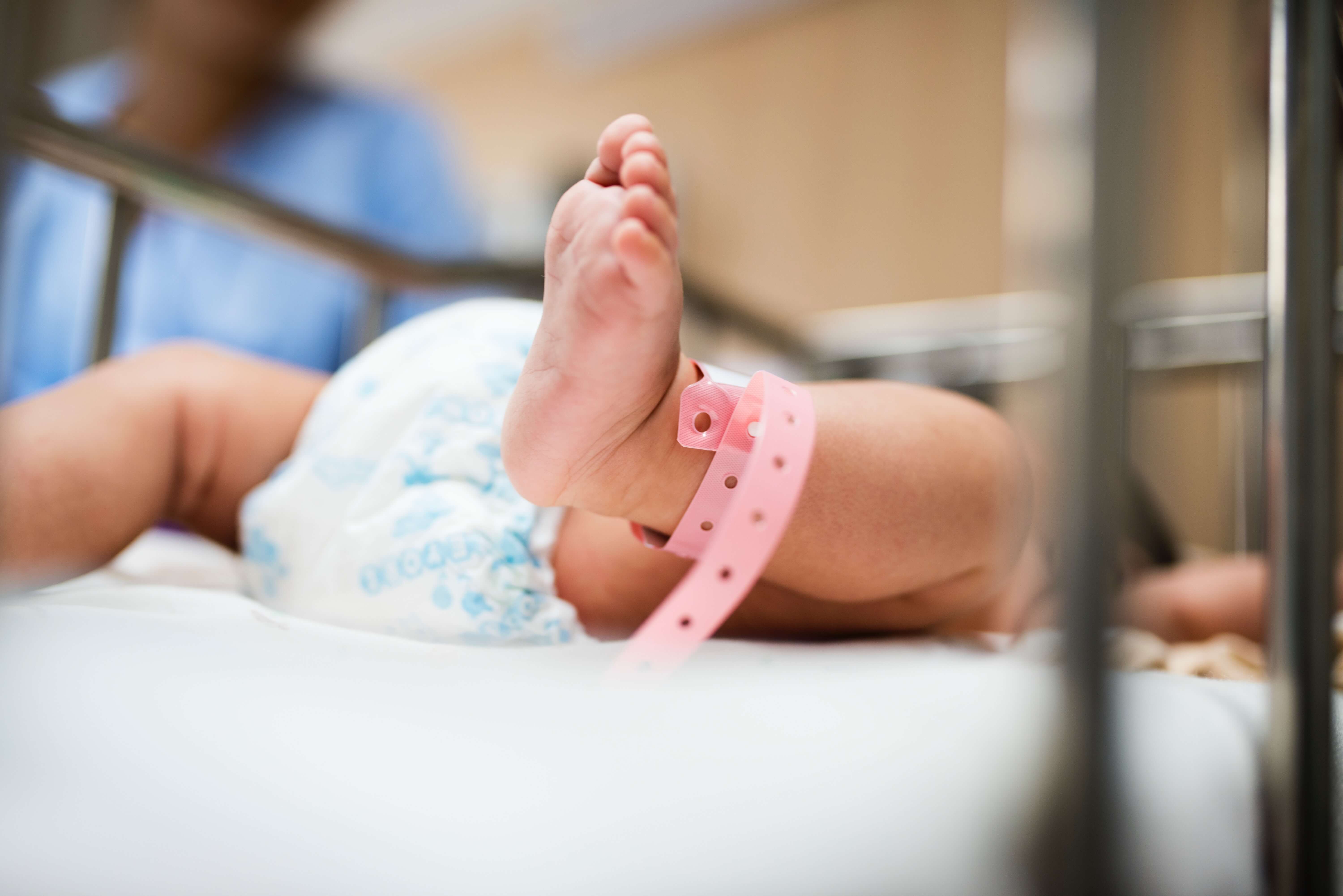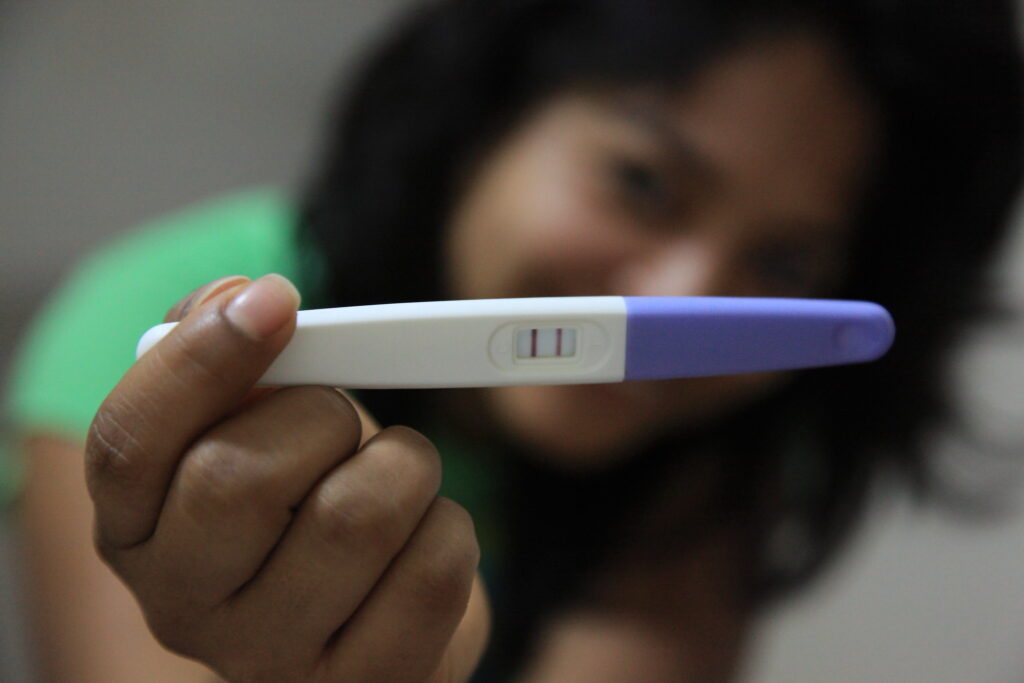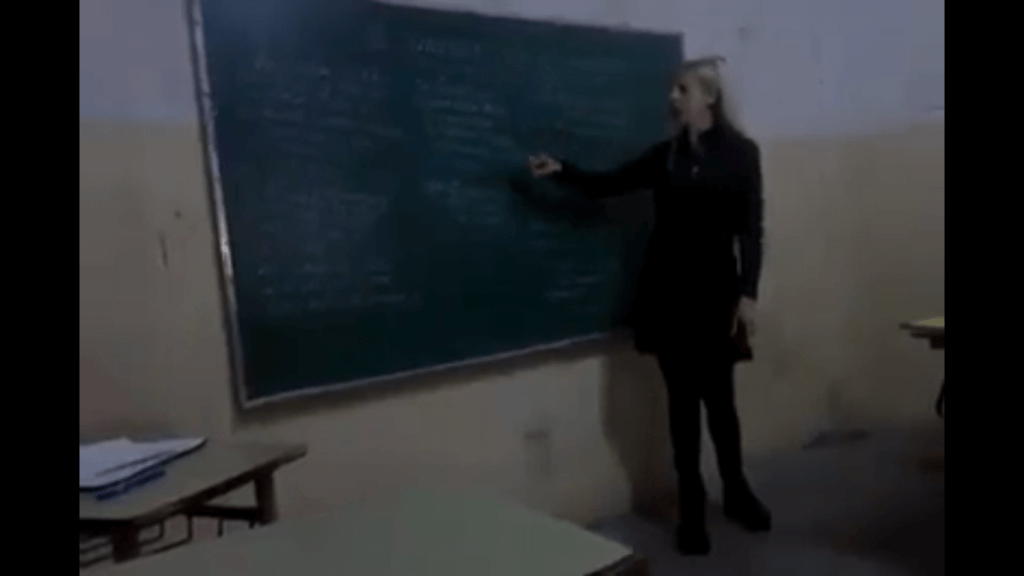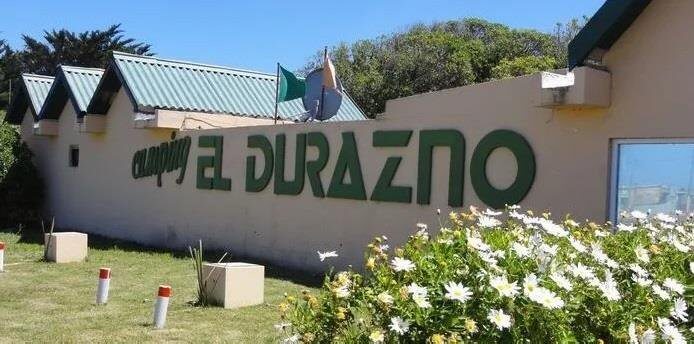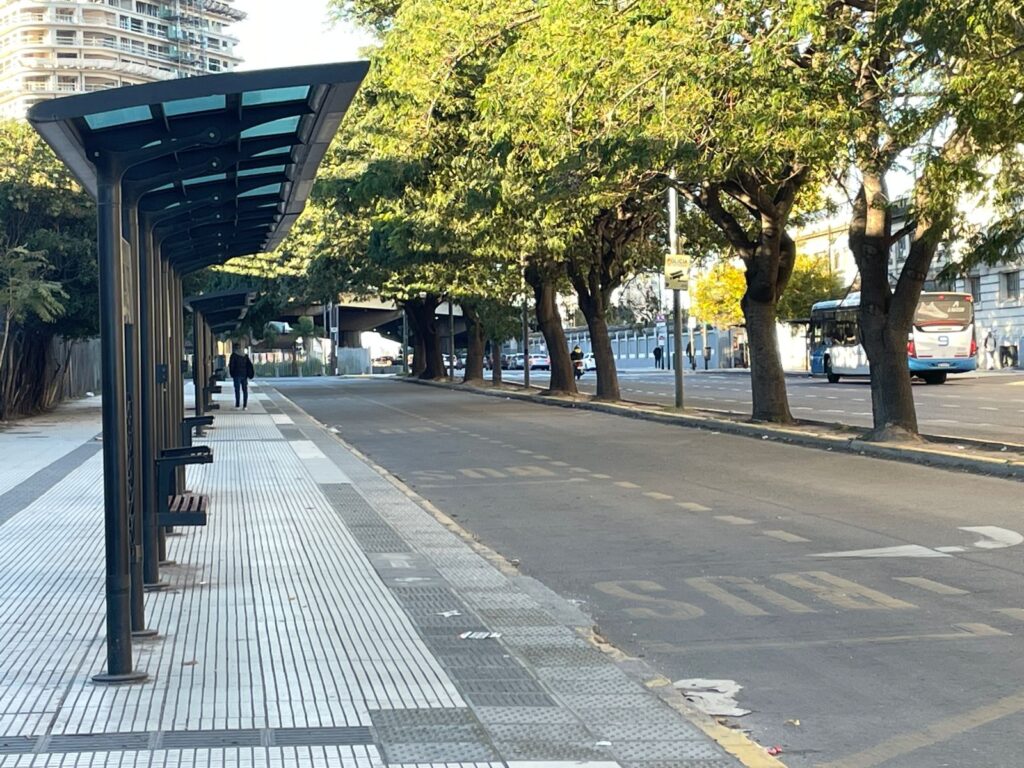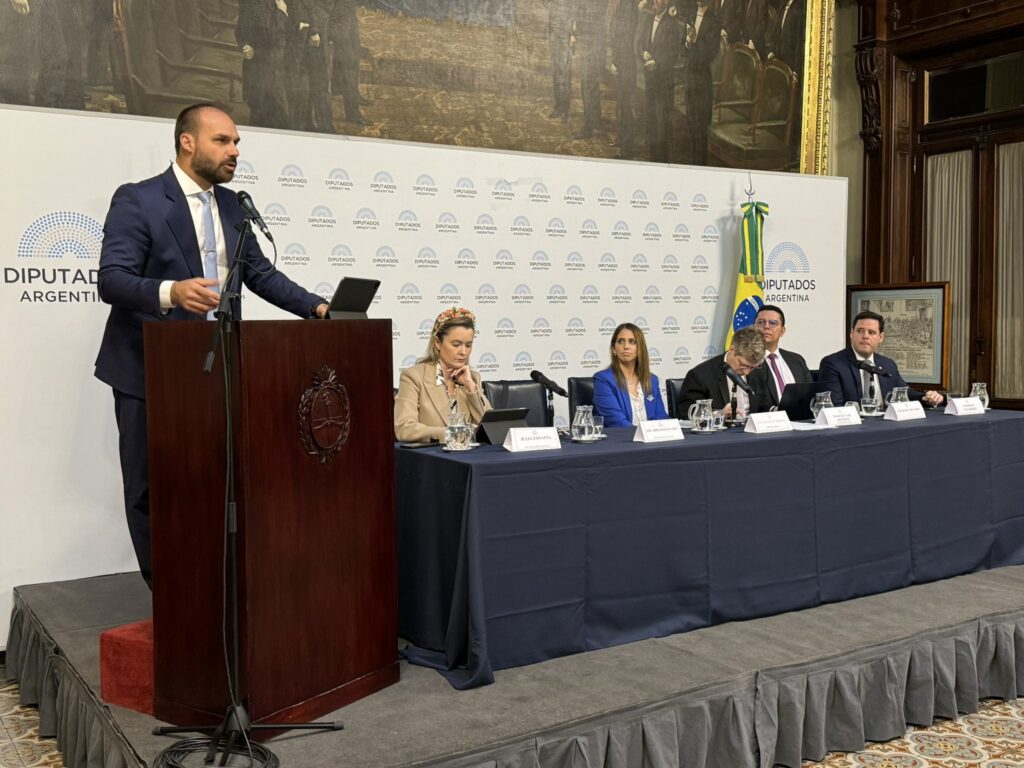The case of a 13-year-old indigenous girl who died after an emergency cesarean has once again brought Argentina’s controversial legislation on abortion and sexual education to the forefront.
The teenager, who lives in a Wichí community located in remote area of Chaco called El Sauzal, was taken to hospital in Chaco by her aunt with a fever.The hospital diagnosed her with pneumonia, chronic malnutrition and anaemia, as well as discovering that she was 28 weeks pregnant, which the young girl was unaware of.
Todo Noticias reported that after an emergency cesarean, the baby weighed less than a kilo, and despite being placed in intensive care, the newborn died on Tuesday.
The mother’s condition also deteriorated and she suffered a multi-organ failure from which the medical services were unable to save her, ultimately causing her death on Wednesday. This is the 15th maternal death in Chaco this year. The mother weighed just 40 kilograms.
READ MORE: 30 out of 100 girls fall pregnant in Jujuy school, renewed calls for sexual education.
Due to her young age, along with illnesses and state of malnutrition, it is likely that she would have been permitted to carry out a legal abortion as carrying the baby to term constituted a risk to the mother’s health.
However, in the remote area where she lived, there was only a health clinic, with a doctor who visited every two weeks – weather permitting. Clarin reported that she lived with her 19-year-old partner, she didn’t attend school, and that she wasn’t aware that she was pregnant.
Ayer murió la niña wichi que había ingresado al hospital con un embarazo de 28 semanas. Chaco es una de las provincias con mayor tasa de mortalidad materna y el 15% de los bebés nacidos tienen madres niñas o adolescentes. Esto es la triple opresión https://t.co/N4vt6GrWHK
— Belén Spinetta (@belenspinetta) 8 de noviembre de 2018
“We still don’t get everywhere,” Coordinator for the Provincial Health Programme for Teenagers, Liliana Ensina, told Clarin. “What we do doesn’t reach there. And in the case of this girl, it’s clear that all of her rights have been violated.”
Chaco is one of the worst areas in Argentina for teenage pregnancy, with 5.3 pregnancies among girls aged 10-14 per thousand, and 92 pregnancies per thousand among girls aged 15-19. Studies also show that 80 percent of sexual abuse in Chaco is perpetrated by a family member, and with no sexual education in the province added to low school attendance in indigenous areas, many of these abuses end up in unwanted pregnancies.
“It’s a constant problem,” explained coordinator of Mandela Human Rights Centre, Rolando Núñez, to Clarin. “In the indigenous community, as soon as a woman menstruates she is considered ready to have sexual relations.”
Imposing state regulations on indigenous communities who are often suspicious of governments who have repeatedly tried to infringe upon their rights and land is delicate ground. However, letting them continue with their traditional way of life leaves the government in a difficult situation as it is still obligedto protect the rights of their citizens.
“We want people to talk about sexual abuse and the right to access ILE (the legal interruption of pregnancy),” said Silvia Oizerovich, the coordinator of the Sexual and Reproductive Health Programme. “The idea is to work with customs and beliefs, but trying to get people to think about it from another perspective. We don’t want to impose, but we have to guarantee rights.”
READ MORE: Abortion denied: What are both sides saying and what does the future hold?
Since the historic abortion debates that polarised the country earlier this year, each time a case of this kind comes to light, pro-abortion groups take over social media demanding “Free, Legal and Safe Abortion” for all. However, as the legislation was not passed by the Senate, the legal option is to promote better and comprehensive sexual education across the country.
“Comprehensive sexual education is fundamental,” agreed Coordinator Liliana Ensisa. “In the debate around the legalisation of abortion, we all heard everyone talking about it, but now we have groups that talk of ‘saving both lives’ who are also opposed to sexual education.”
El movimiento «Con Mis Hijos No Te Metas» celebrará marchas en varios países hispanoamericanos y en Francia. Perú, Bolivia, Paraguay y Argentinahttps://t.co/wSwdbK55Mj pic.twitter.com/70D7NRMTT0
— HELEN ن (@QuieroVotarYa) 9 de noviembre de 2018
Sexual education is controversial in the country due to parents and religious entities refusing to allow teachers to talk of “gender ideology,” that is, touching on themes such as homosexuality, transexuality and the difference between gender and sex. This has sparked the multi-national movement Con Mis Hijos No Te Metas (Don’t Mess With My Kids), which has been instrumental in impeding sexual education implementation in the country.
However, with much of the government’s attention taken up by attempting to get Argentina out of the economic crisis it is currently facing, country-wide sexual education in schools may be a long way off.


